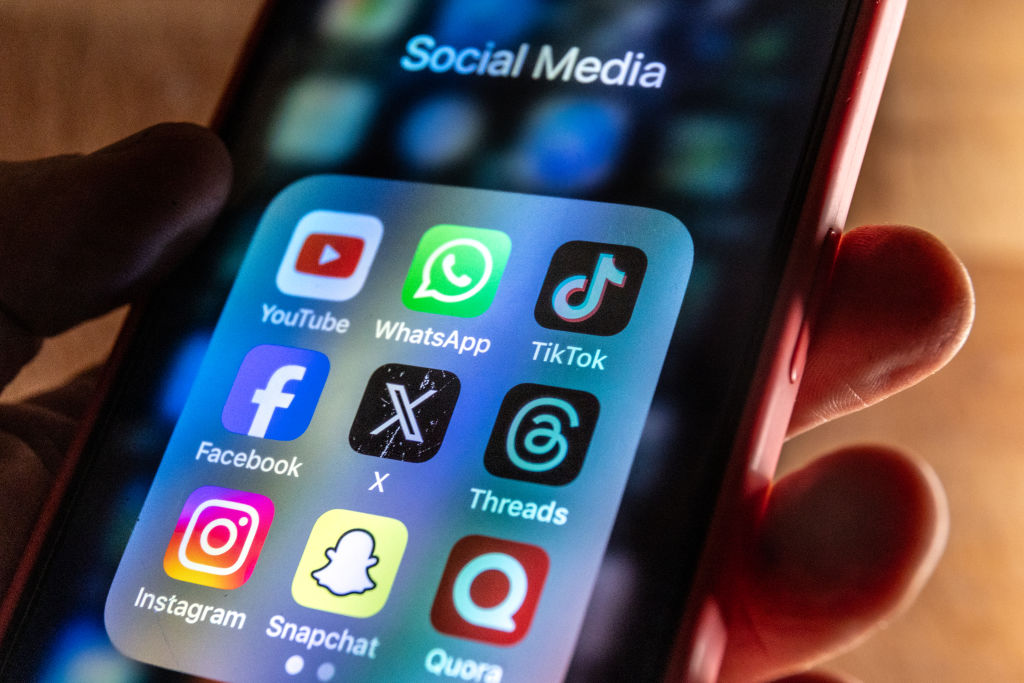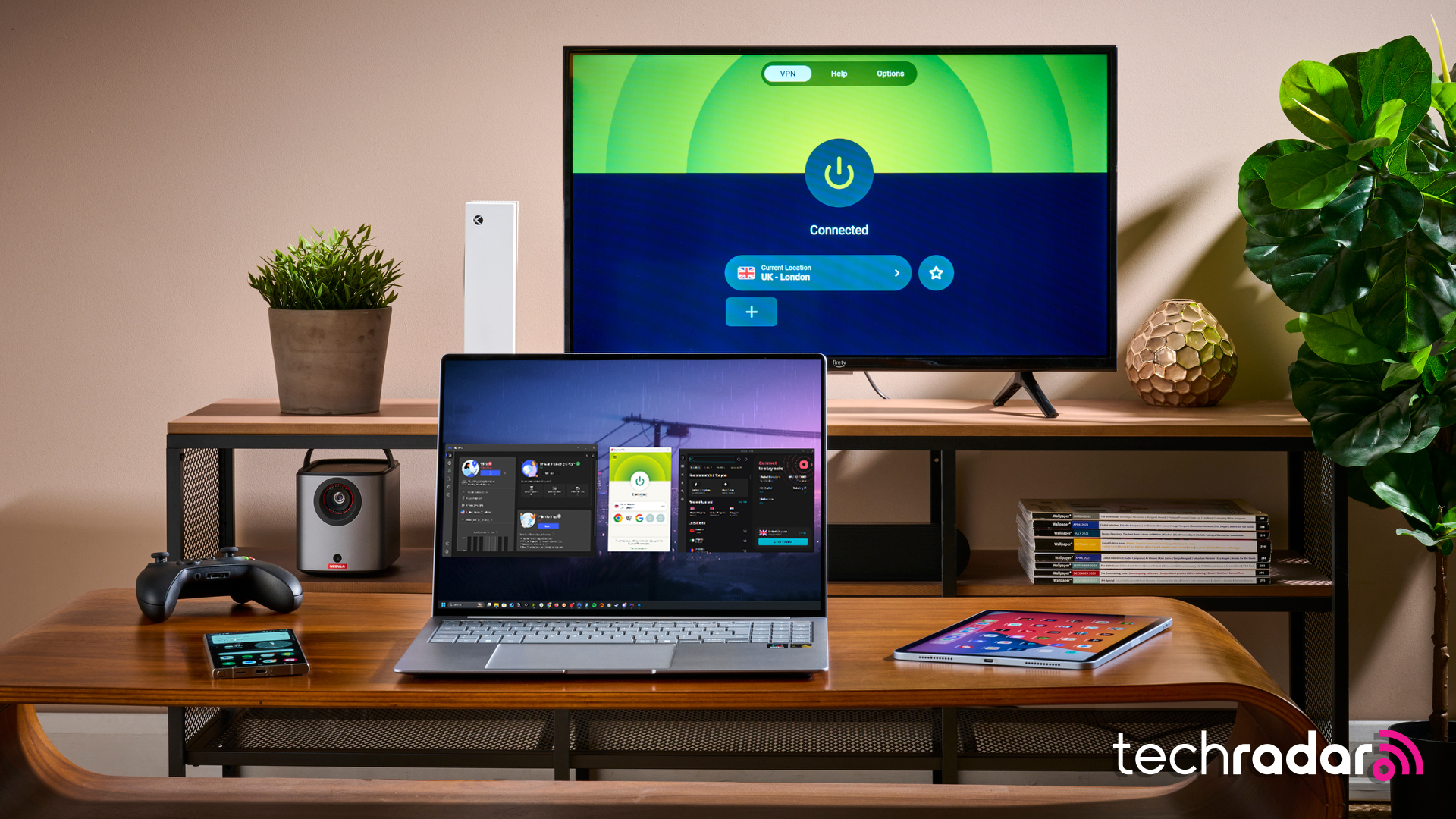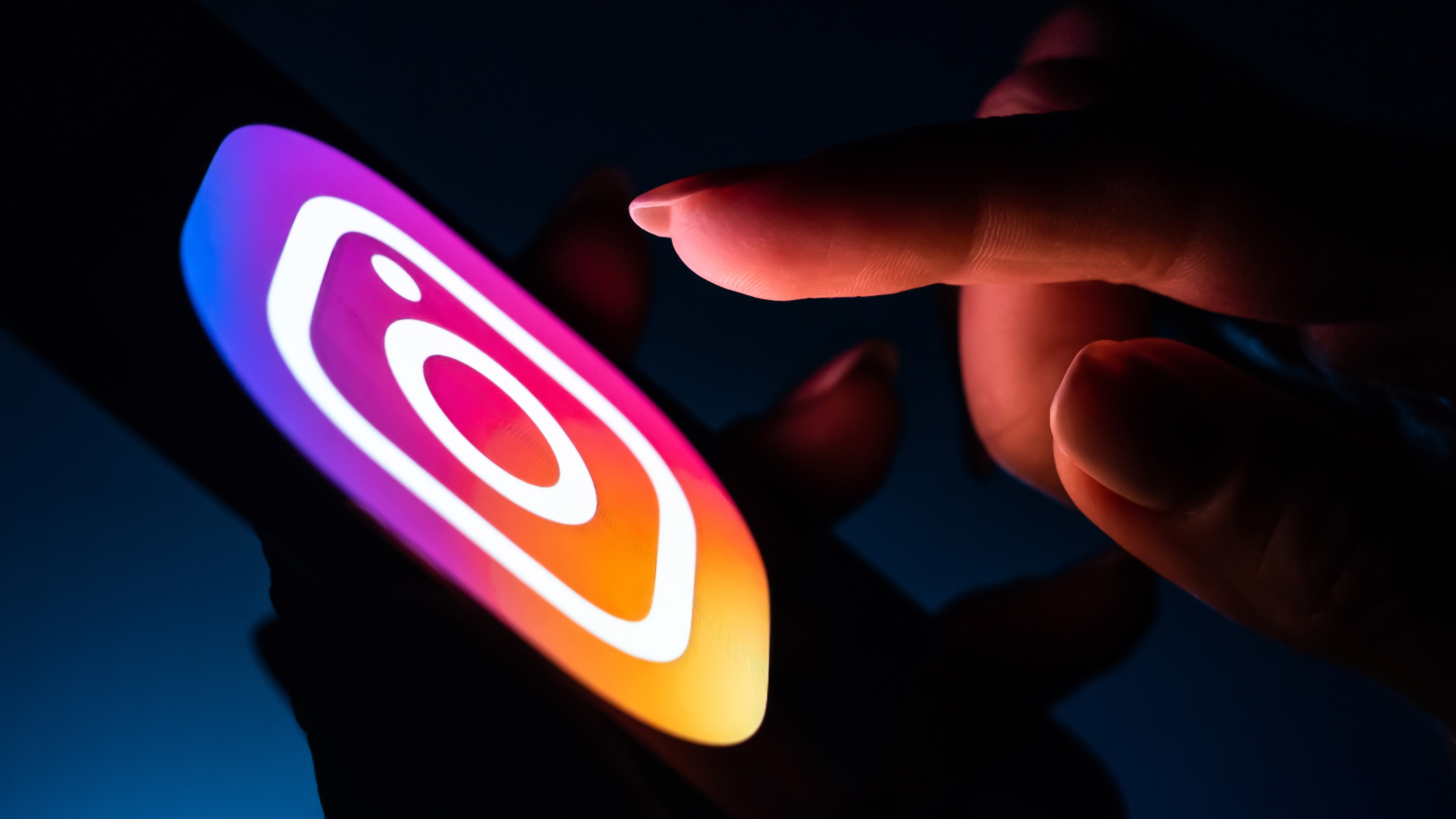
As the year comes to a close, it’s useful to look back and reflect on the trends that defined 2024. One thing that definitely hasn’t changed is the extent to which apps harvest our personal data for corporate gain.
While some data collection is necessary to provide core services, many apps go well beyond what’s required, collecting data from every aspect of our lives so data brokers can pester us with eerie targeted ads. The result? Our personal information ends up vulnerable to data breaches, abuse, and outright spying.
To give you an edge against these data-hungry apps going into 2025, I’ll break down some of 2024’s most data-hungry apps – as well as how you can take practical steps to protect your data.
Data collection – what’s the big deal?
There’s a reasonable amount of data that every app needs to work. You might never want to give your address away, but how else is your Uber Eats driver going to find you?
However, some apps go far beyond what’s necessary, collecting data completely unrelated to the actual app such as your moment-to-moment location, your keyboard history, or other apps installed on your device.
When misused, data collection can enable everything from domestic stalking to election interference
At the very worst, they can follow you across the internet, creating detailed profiles that are traded freely between advertisers.
It’s hard to understand exactly how damaging data surveillance like this is to your privacy when it’s all carried out behind closed doors but, when it’s misused, it can enable everything from domestic stalking to election interference.
Even when “anonymized”, the data profiles advertisers build on you are shockingly accurate and often contain enough unique information about you to correlate one-to-one with you as a person.
2024’s most data-hungry apps
Without further ado, here’s my list of the worst offenders for data collection in 2024:
Google products
It’s no surprise that Google tops the list. It’s easy to think of Google as a just search engine, but its true business is data.
Google tracks your online activity through its suite of interconnected products, including Gmail, Chrome, and YouTube, collecting a huge amount of data about you in the process.
The company knows where you go, thanks to location tracking, what you search for, what you watch, and even skims keywords from your emails to recognize your bills, flights, and recent purchases.
It's difficult to completely disconnect from Google's ad networks, thanks to the company's digital monopoly, but you can stop it from linking the data it has collected about you to the ads you're being served. All you need to do is turn off ad personalization in your Google Account.
This also allows you to see which insights Google uses in your ad profile and lets you remove ones you think are irrelevant. I’d recommend just turning it off altogether – but you’ll be served generic ads instead if you do.
Spotify
Spotify may seem harmless on the surface, but it’s far greedier for data than you’d expect. The annual Spotify Wrapped summary gives you just a tiny view of the data points that Spotify collects on your listening habits – and it’s probably already surprised you with insights you’d otherwise never thought about.

If you take your digital privacy seriously (and you should), it's well worth investing in a VPN. Check out our rankings of today's best VPNs for all the details.
Had a Bob Marley phase over the summer? Spotify knows that. Spotify also knows that you were listening to “Numb/Encore” Linkin Park mashup with Jay Z at 6:34 am on September 7th, 2024, roughly 500m into your morning run.
No, that’s not hyperbole. Spotify collects every song you play, when it’s played, and where it’s played. It’s all used to power recommendations, build better profiles, and ultimately serve personalized adverts when you use Spotify for free.
While it’s hard to use Spotify without giving up some data, you can improve your privacy by reviewing your account settings and disabling personalized ads. Even if you do delete Spotify, some of your data may end up being stored in a “de-identified” format, so it might be better to get rid of it sooner rather than later.

Meta products
Meta, formerly Facebook, is now a multi-product data company that also owns WhatsApp and Instagram. Meta is also in the business of selling advertising space.
The Instagram and Facebook platforms are gigantic social networks that are engineered to collect as much data as possible on each user: their likes and dislikes, political views, who they interact with and how much, as well as all of the invasive site-stalking and location gathering you’d expect from Google.
The extent to which Meta spies on its users is shocking enough already, but the worst part is that Facebook has played fast and loose with this data in the past.
The laissez-faire attitude Facebook had towards selling access to user data enabled Cambridge Analytica, a political think tank, to massively over-collect data from Facebook users without their consent for use in targeted political campaigns.
Maps/navigation apps
Long gone are the days when someone needed to plant a GPS tracker on your car to know where you’ve been. Today, navigation apps, like Google Maps, collect a trail of detailed location data every time you use them.
It’s easy to see why mapping data collects this data: It helps optimize their services. For example, Google Maps will warn you when there’s traffic on a stretch of road where several Maps-enabled devices are moving slowly in the same direction.
Turn off GPS when you're not using your navigation app
Of course, this also creates a history of all your locations which could be used to spy on you. Imagine a malicious navigation app that is actually collecting your data to enable burglaries, for example.
If you absolutely have to use a map app, keeping your GPS off when not in use goes a long way to keeping your location private.
Food delivery apps
Apps like UberEats and DoorDash collect far more data than just your address. These platforms track your purchasing habits in detail and share this information with vendors on these apps for the sake of targeted advertising. Definitely not ideal if you’re trying to stick to a diet.
It’s not just takeaway apps that are guilty of this, either. Most grocery shopping apps also use loyalty programs, which incentivize you to share detailed purchase data in return for discounts.
Over time, this creates a comprehensive history of what you buy each week which the supermarket can analyze and, as a result, use to pick out products they can cross-sell you at a discount.
The tradeoff here is your privacy. If the discounts are worth it to you, you should at least understand how much you’re giving up in return.
TikTok
Last but not least, one of the biggest talking points of the year for privacy purists. TikTok has come under heavy scrutiny in 2024 for its data collection – and the potential security repercussions of this. Countries such as the US are even in the process of banning the platform to ensure sensitive data remains secure.
In short, or as short as possible, TikTok collects everything from personal information, to contact and purchase information. This also includes data surrounding the content you create, such as audio and video uploaded to the platform.
It doesn't stop there either. All of your usage data is recorded by the platform, including when you access support content and even the keystrokes you use when using TikTok.
It would almost be easier to ask what isn't collected by TikTok at this stage. While some countries are already moving to resolve this issue, it's a good idea to go into your settings and turn off the vast majority of TikTok's collection permissions to ensure you're in the best position possible.
How to protect your data
If you’re looking to adopt some better privacy practices going into 2025, follow these simple but effective tips:
- Review privacy policies: before downloading any app, skim through its privacy policy to understand what data it collects and how it’s used.
- Audit app permissions: check which permissions your apps have. do they really need access to your microphone, camera, or location?
- Delete unused apps: regularly clean out apps you no longer use. If they’re still installed, they might be collecting data unnecessarily.
- Use a VPN: a VPN can mask your IP address, making it harder for apps to track you.







